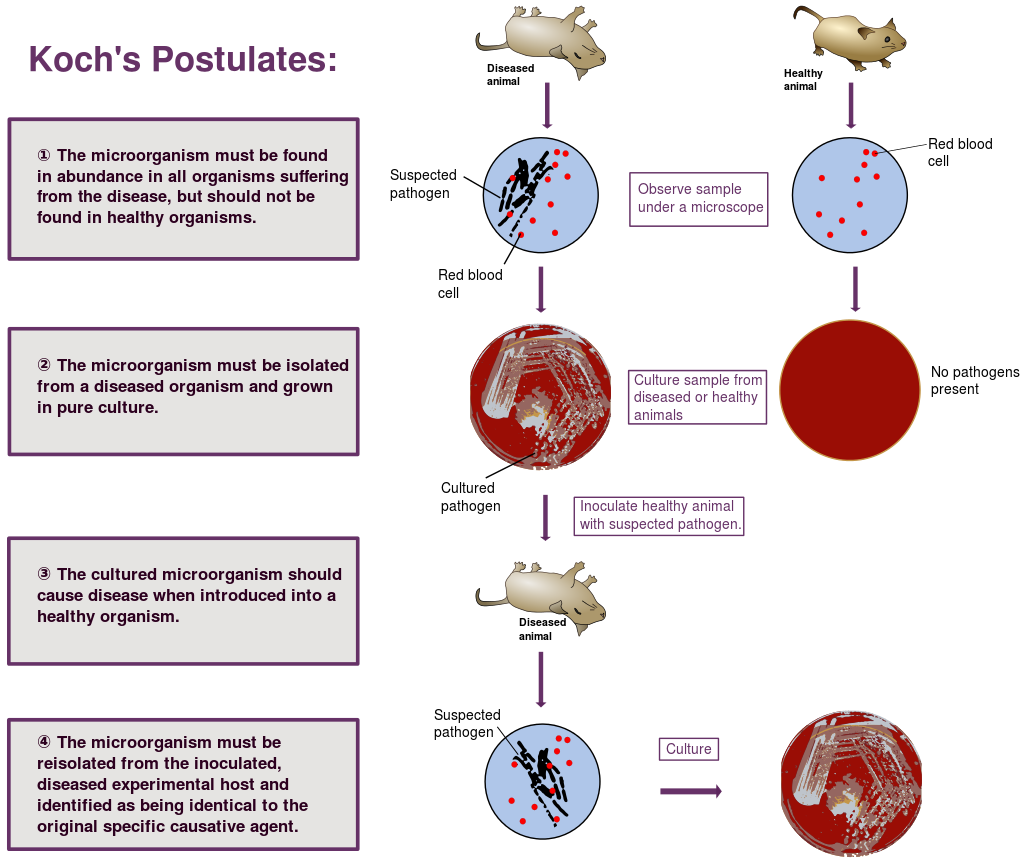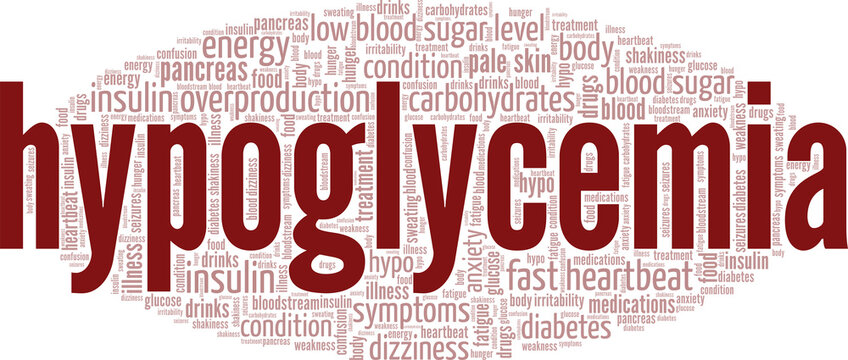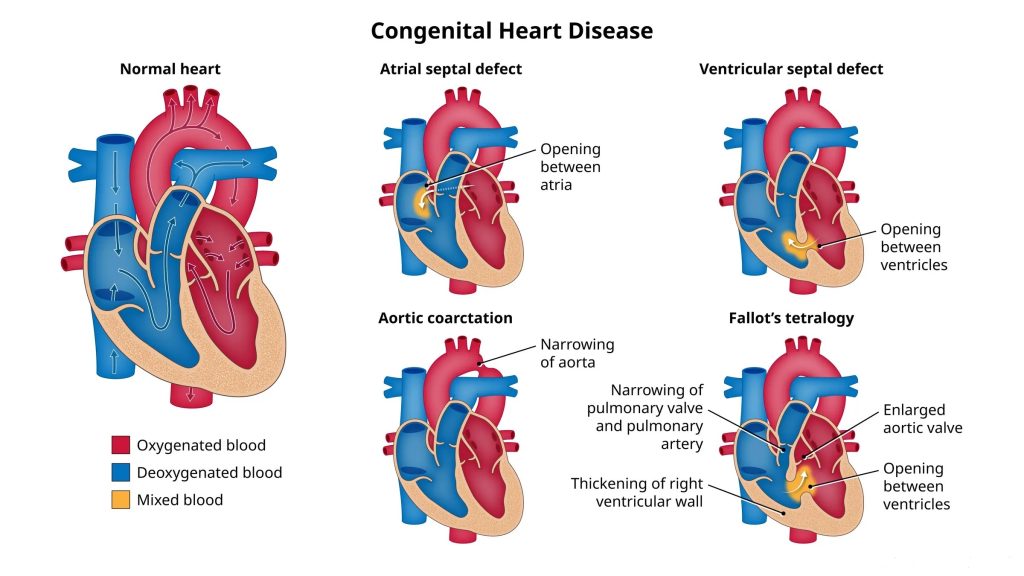Introduction
Chronic kidney disease (CKD) is a progressive condition marked by a gradual loss of kidney function. The disease is divided into five stages, with each stage representing a different level of kidney function decline. Understanding these stages is crucial for early detection, appropriate treatment, and slowing the progression of CKD.
Stage 1: Kidney damage with normal kidney function
In the first stage of CKD, kidney damage is present, but kidney function remains normal or near-normal. The glomerular filtration rate (GFR), a measure of kidney function, is at 90 mL/min or higher. At this stage, there may be few or no symptoms. Early detection through regular checkups and managing underlying conditions, such as diabetes and high blood pressure, can help prevent CKD from progressing.
Stage 2: Kidney damage with mild loss of kidney function
Stage 2 CKD is characterized by a mild decline in kidney function, with a GFR between 60 and 89 mL/min. Like stage 1, symptoms may be minimal or nonexistent. Early intervention, including lifestyle changes and proper management of comorbidities, can help slow down the progression of the disease.
Stage 3: Moderate loss of kidney function
In stage 3 CKD, kidney function has declined moderately, with a GFR between 30 and 59 mL/min. At this stage, symptoms such as fatigue, swelling, and changes in urination may become more noticeable. Medical intervention, including medications to control blood pressure and protect kidney function, is necessary to manage the disease.
Stage 4: Severe loss of kidney function
Stage 4 CKD is marked by a severe decline in kidney function, with a GFR between 15 and 29 mL/min. Symptoms such as shortness of breath, nausea, and sleep problems may worsen. It is essential to work closely with a healthcare team to manage CKD and prepare for potential kidney failure, which may require dialysis or a kidney transplant.
Stage 5: Kidney failure
Stage 5, or end-stage renal disease (ESRD), is the final stage of CKD, with a GFR below 15 mL/min or the need for dialysis or a kidney transplant. At this stage, the kidneys can no longer function properly, and dialysis or a kidney transplant becomes necessary to maintain life.




